There is no fire like lust, no vice like hatred, no trap like delusion, and no galloping river like craving
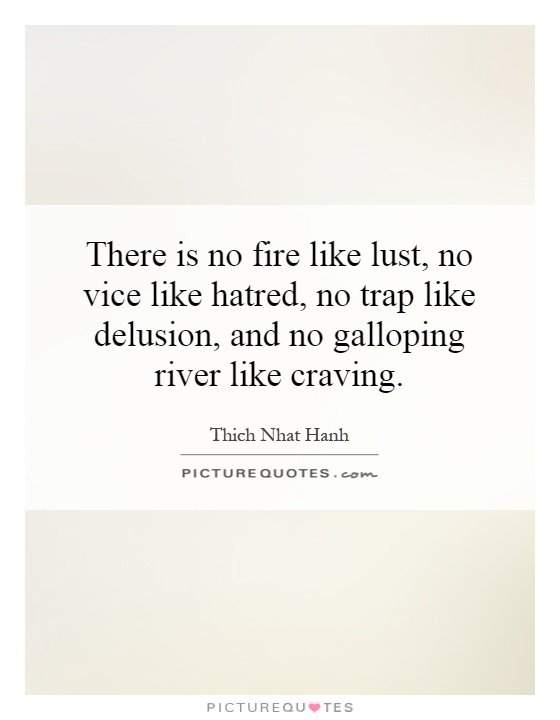
There is no fire like lust, no vice like hatred, no trap like delusion, and no galloping river like craving
Thich Nhat Hanh, a renowned Vietnamese Buddhist monk and peace activist, often speaks about the destructive nature of negative emotions such as lust, hatred, delusion, and craving. In his teachings, he emphasizes the importance of mindfulness and compassion in overcoming these harmful tendencies and cultivating inner peace and happiness.When Thich Nhat Hanh says, "There is no fire like lust," he is pointing to the intense and consuming nature of desire. Lust can lead us to act impulsively and harm ourselves and others in the pursuit of pleasure. It can cloud our judgment and prevent us from seeing things clearly. By recognizing the destructive power of lust, we can practice mindfulness and cultivate self-control to avoid being consumed by our desires.
Similarly, Thich Nhat Hanh warns against the vice of hatred, which can poison our hearts and minds. Hatred can lead to anger, resentment, and violence, causing harm to ourselves and those around us. By practicing loving-kindness and compassion, we can transform our negative emotions and cultivate a sense of peace and harmony within ourselves and in our relationships with others.
Delusion, or ignorance, is another trap that Thich Nhat Hanh cautions against. When we are deluded, we are unable to see things as they truly are and may act in ways that are harmful or unwise. By cultivating mindfulness and awareness, we can overcome delusion and see through the illusions that cloud our perception.
Thich Nhat Hanh speaks of the galloping river of craving, which can lead us to chase after material possessions, status, or sensory pleasures in a never-ending quest for satisfaction. Craving can never be satisfied, leading to a cycle of suffering and dissatisfaction. By practicing mindfulness and contentment, we can free ourselves from the grip of craving and find true happiness and fulfillment in the present moment.
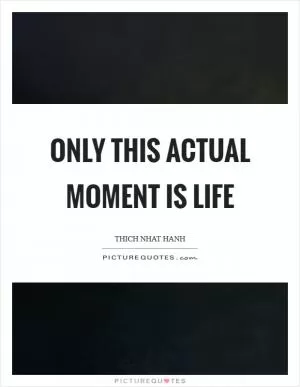
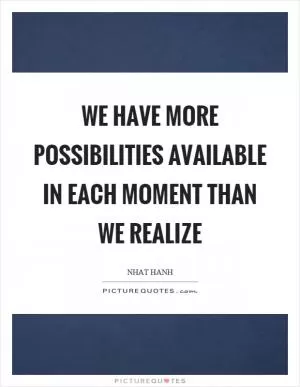
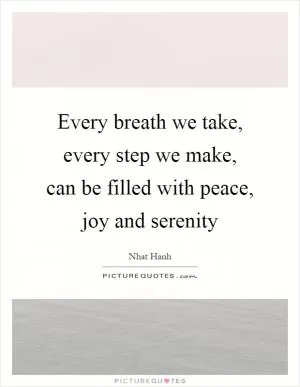
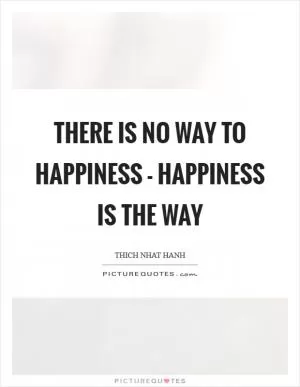

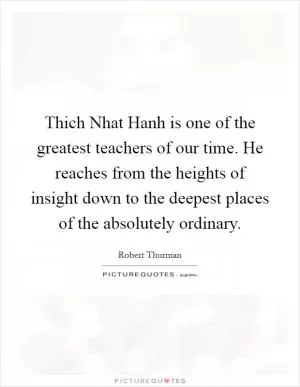
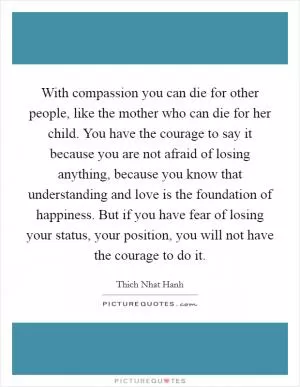
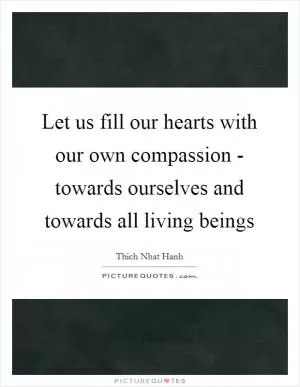
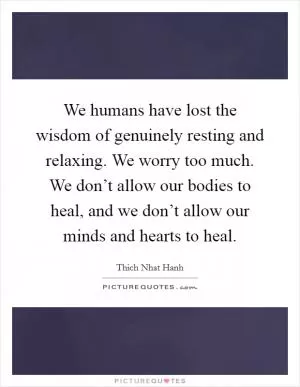
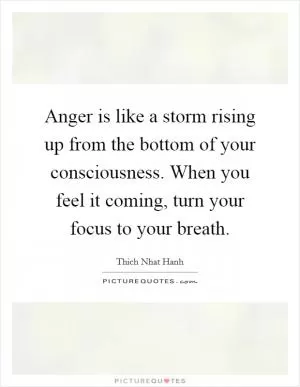

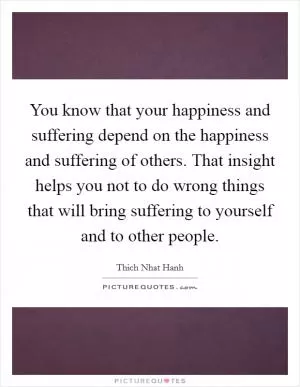
 Friendship Quotes
Friendship Quotes Love Quotes
Love Quotes Life Quotes
Life Quotes Funny Quotes
Funny Quotes Motivational Quotes
Motivational Quotes Inspirational Quotes
Inspirational Quotes